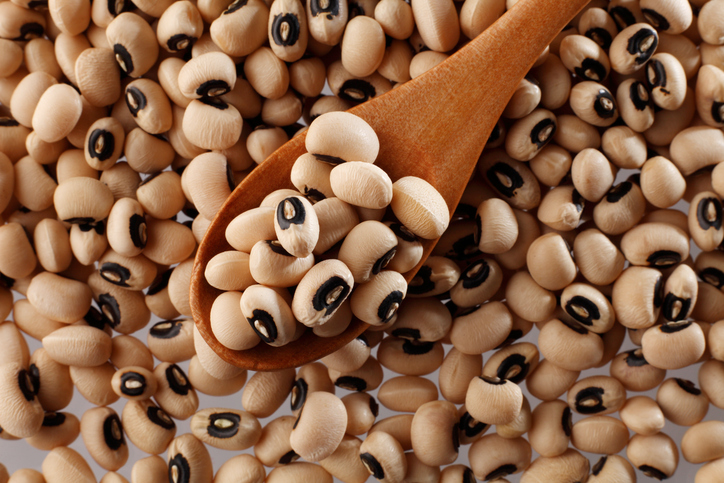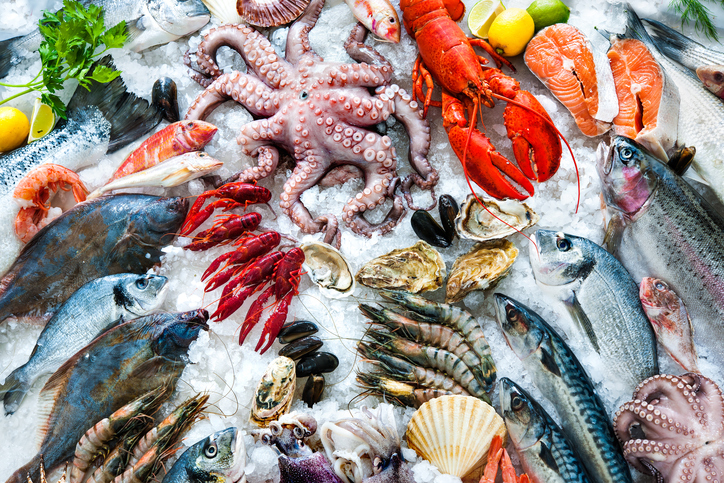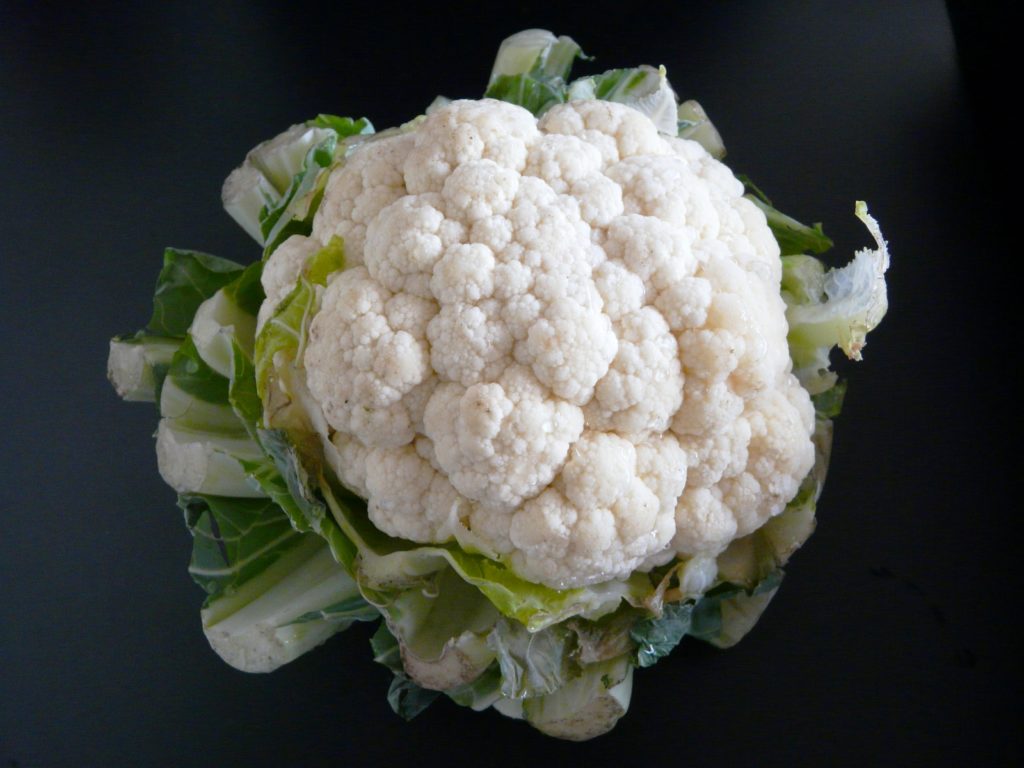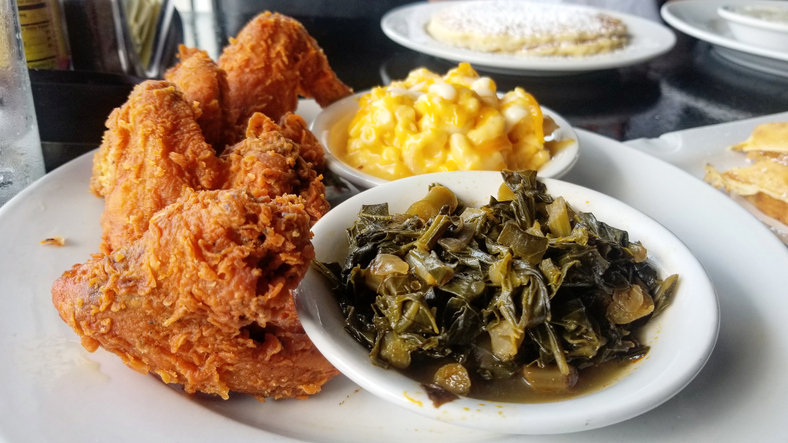
We typically associate a foggy memory, low energy, and creaking joints with getting older. Still, experts agree aging doesn’t have to be that way. Your chronological age is not the same as your biological age. Lifestyle factors such as your diet can influence how you feel and the rate at which you age. Here are eight powerhouse foods to help keep you sharp, energetic, and youthful.

Beans
Beans are rich in folate, potassium, iron, and fiber. They are also low in fat and cholesterol. Research shows that beans can lower heart disease risk, improve blood glucose control, lower the risk of breast and colorectal cancer, and increase satiety, which may help with weight loss.
Beans can also help you live longer. Studies show that eating as little as 20 grams (about 2 Tbsp) of beans every day may reduce your risk of dying by eight percent.
Berries
There is evidence that anthocyanin—an antioxidant found in blueberries, strawberries, and raspberries, is associated with a reduced risk of heart disease, many forms of cancer, and other chronic diseases and may also help slow down the aging process.
In a study published in the journal Circulation, researchers found that participants who ate about three servings weekly of blueberries or strawberries had a 32 percent lower risk of having a heart attack than those who rarely ate berries.
RELATED: 7 Foods To Improve & Protect Your Memory
Cruciferous vegetables
The 2020-2025 Dietary Guidelines for Americans (DGA) recommends adults eat 2 ½ cups of vegetables per day to prevent heart disease and stroke. And there is evidence that the type of vegetable is as important as the quantity.
Recent studies suggest that eating more cruciferous vegetables, such as broccoli, cabbage, Brussels sprouts, and cauliflower, has a more significant association with reduced risk of heart disease than other vegetables. Cruciferous vegetables are also a rich source of fiber, vitamins A, C, folate, and vitamin K—all nutrients associated with healthier aging.

Fish
Most fish are high in omega-3 fatty acids, which are heart-healthy and can help lower triglycerides and blood pressure. Studies show that eating two servings of fish weekly can lower your chances of experiencing an ‘unhealthy aging factor’ such as heart or lung disease, cancer, or cognitive or physical decline.
Salmon, anchovies, herring, sardines, Pacific oysters, trout, and Atlantic and Pacific mackerel are










